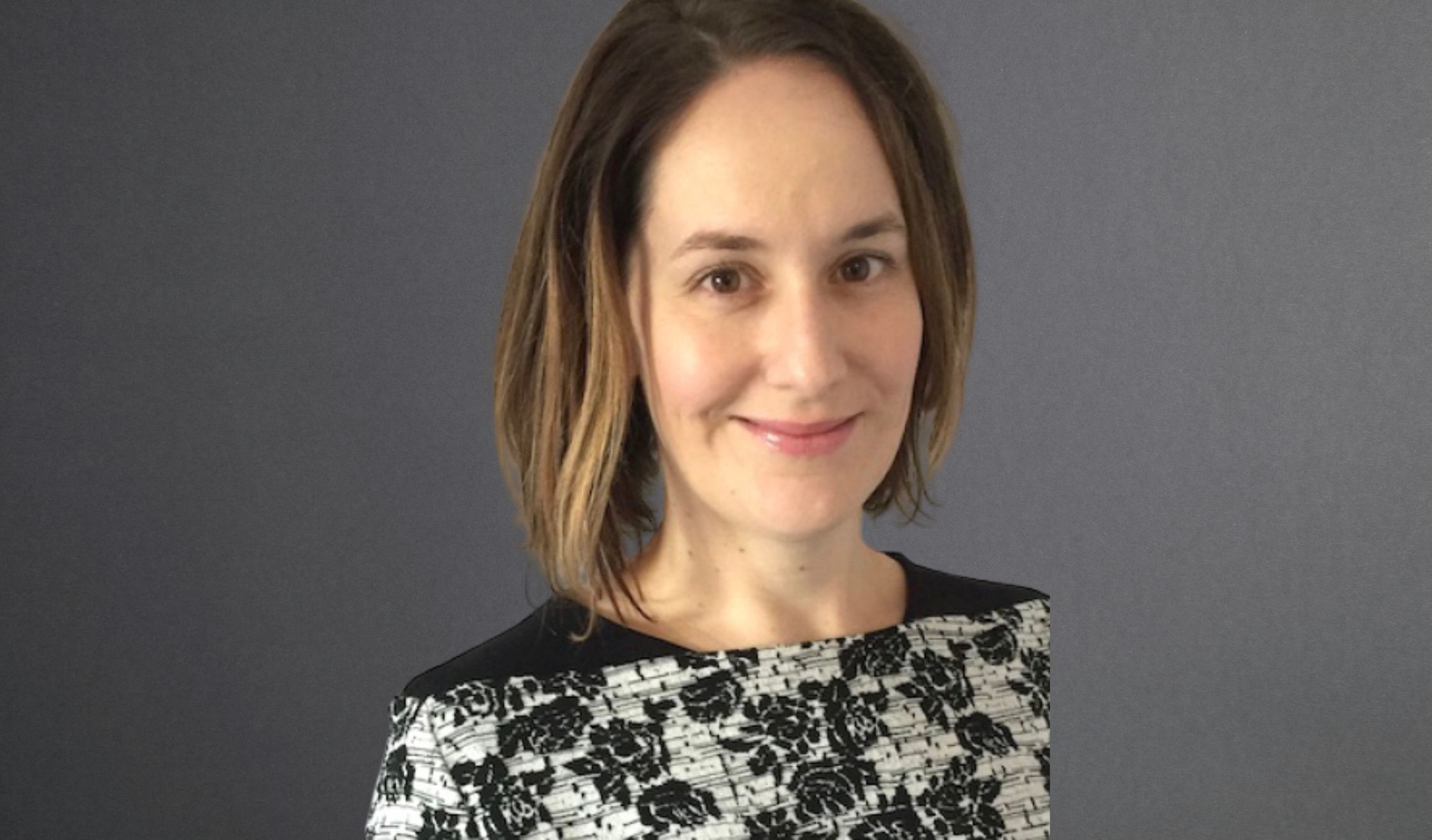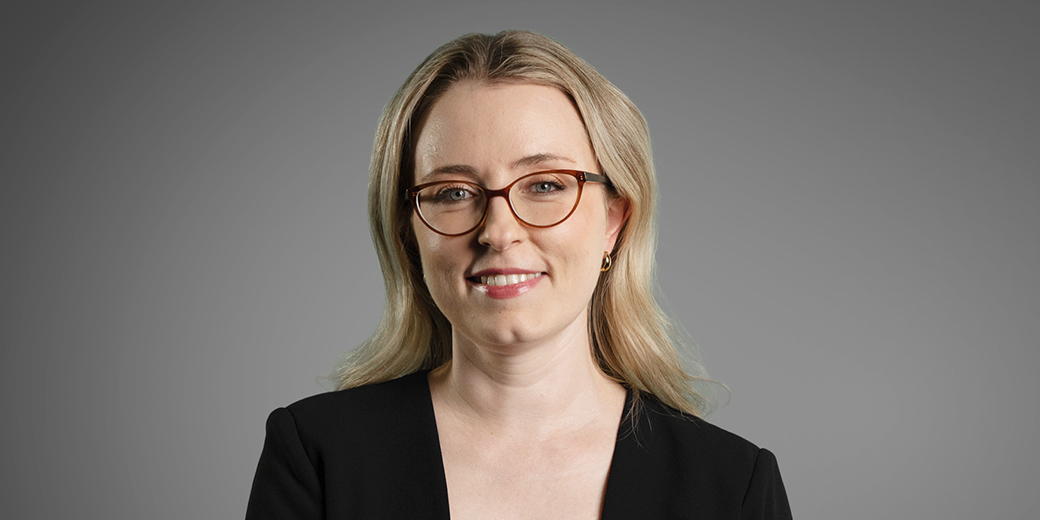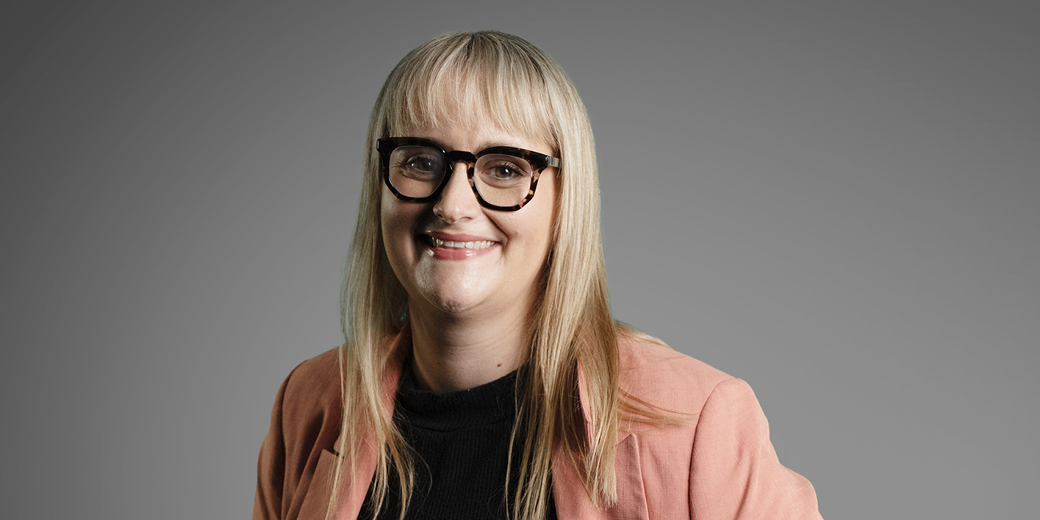Jo Bragg, a solicitor in regional Tasmania, started as a generalist lawyer. Her personal experience of separation, along with increasing client demand, prompted her to move into family law. Insights spoke to Jo about what attracted her to family law, what her day to day life looks like in practice, and her advice for lawyers looking to move into the area.
Family law a natural progression
Prior to her current role, Jo worked predominantly in property and commercial law.
“I was a mother sharing the care of my two teenage children with their father,” said Jo, who had also previously worked as a property manager. “My property management, property, and commercial law experience were all beneficial in assisting me to move into the property aspect of family law.”
“Having been through a separation and being forced to consider arrangements for my children myself, I gained a deeper understanding of the challenges my clients face in parenting matters,” said Jo.
As more and more clients required specialist family law assistance, Jo pursued the College of Law’s Masters of Applied Law (Family Law) to develop and deepen her knowledge.
“This study provided skills and confidence to enable me to represent clients in both parenting and property matters,” said Jo.
Helping clients resolve one of their greatest life challenges
A typical day for Jo is fairly varied. While her predominant area of practice is family law, the size of her firm means she can also practise in other areas including property, wills and estates, employment, commercial, and criminal law.
“My week consists of court appearances in the Federal Circuit Court and Magistrates Court, attendance at mediations for property settlement or Family Dispute Resolution for parenting matters,” said Jo. “In between these appearances, I see or speak to clients, draft documents and letters of advice, review disclosure, and liaise with solicitors acting for the other party.”
For Jo, the most satisfying aspect of her work is helping people resolve their matters.
“Clients come to me facing one of the most significant challenges they will face in their lifetime,” said Jo. “They often do not know what to do or where to turn and need someone to listen to them, whilst guiding them in the direction required to address their matter.”
Seeing the relief of her clients once they have found an outcome they can live with is hugely rewarding for Jo.
“It’s also good to be able to give clients time to express what they want to say and know they are heard,” said Jo.
One other crucial difference is the manner in which family law matters are run.
“Law has traditionally been practised with a significant adversarial component,” observed Jo. “While I do and will ‘fight’ for my clients if needed, I approach matters with a view to helping my clients resolve their matter in a negotiated or mediated manner if it is safe for them to do so.”
Taking the plunge into family law
Jo encourages any lawyers looking to move into family law to take the plunge.
“Start by taking on small matters while seeking assistance from those around you,” urged Jo. “Undertake matters for clients in receipt of legal aid if that is an option.”
Seeking collegiate help can also be useful.
“Reach out to colleagues in and out of your firm,” suggested Jo. “You will be surprised by the time that experienced lawyers will give if you ask. I have often had matters where a call to another practitioner has allowed me to choose the best method forward out of several paths that I had mapped out as options.”
Genuinely taking the time to listen to clients is often what sets apart a good family lawyer.
“It is important that practitioners take the time to listen to their family law clients and explain to them, in a language they will understand, the process and their options to move their matter forward,” said Jo. “We need to ensure we tell clients the bits they may not want to hear, as this helps establish realistic expectations.”
If you are looking to break into family law, connect with your local networks of family lawyers.
“Local networks are a fantastic way of making connections with other family law practitioners,” said Jo. “Many states have family law practitioner associations. Becoming a member, or becoming involved with the committee, is beneficial as it keeps you at the forefront of changes in the family law area and assists in building connections.”
As family law is constantly evolving, continuous learning is essential.
“Family law has multiple components and we achieve the best for our clients when we have up to date knowledge of how courts are treating the types of matters we are dealing with,” said Jo.
This is particularly so in parenting matters. Family lawyers who go above and beyond, providing clients with information and courses that can help them co-parent post-separation, will always be valued.
Keep turning up to get your foot in the door
“My advice for lawyers graduating into the so-called ‘Coronavirus Recession’ is to keep turning up and contacting firms until one of them will let you in,” said Jo.
“If you need to volunteer and undertake a short period of ‘work experience’ – do that. If you need to keep pestering a partner until they will let you undertake that work experience – do that. Once you have your foot in the door and are undertaking that work experience – listen carefully, follow instructions, complete the tasks in front of you as best you can, and ask questions whenever you are unsure. Show the employer that you would be a good fit for their team.”
Jo also encourages lawyers to look beyond the urban hubs.
“Be prepared to move to the regions,” said Jo. “There may be firms in regional areas that are hiring and you will likely benefit by gaining experience in a wider range of matters in a shorter period than you may have in a larger city firm.”


































![How to handle Direct Speech after Gan v Xie [2023] NSWCA 163](https://images4.cmp.optimizely.com/assets/Lawyer+Up+direct+speech+in+drafting+NSW+legislation+OCT232.jpg/Zz1hNDU4YzQyMjQzNzkxMWVmYjFlNGY2ODk3ZWMxNzE0Mw==)















































